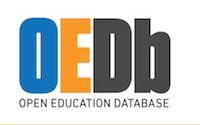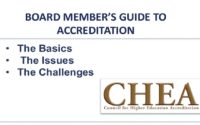
Case Study on the Impact of Technology on Incivility in Higher Education
A qualitative case study research design provided an in-depth perspective of the participants in relation to understanding the holistic impact technology has on the incivility of student-to- student and student-to-faculty interactions in higher education. The conceptual framework by Twale and Deluca (2008), based upon Salin’s (2003) proposed model for bullying, is detailed. Participants were doctoral […]















